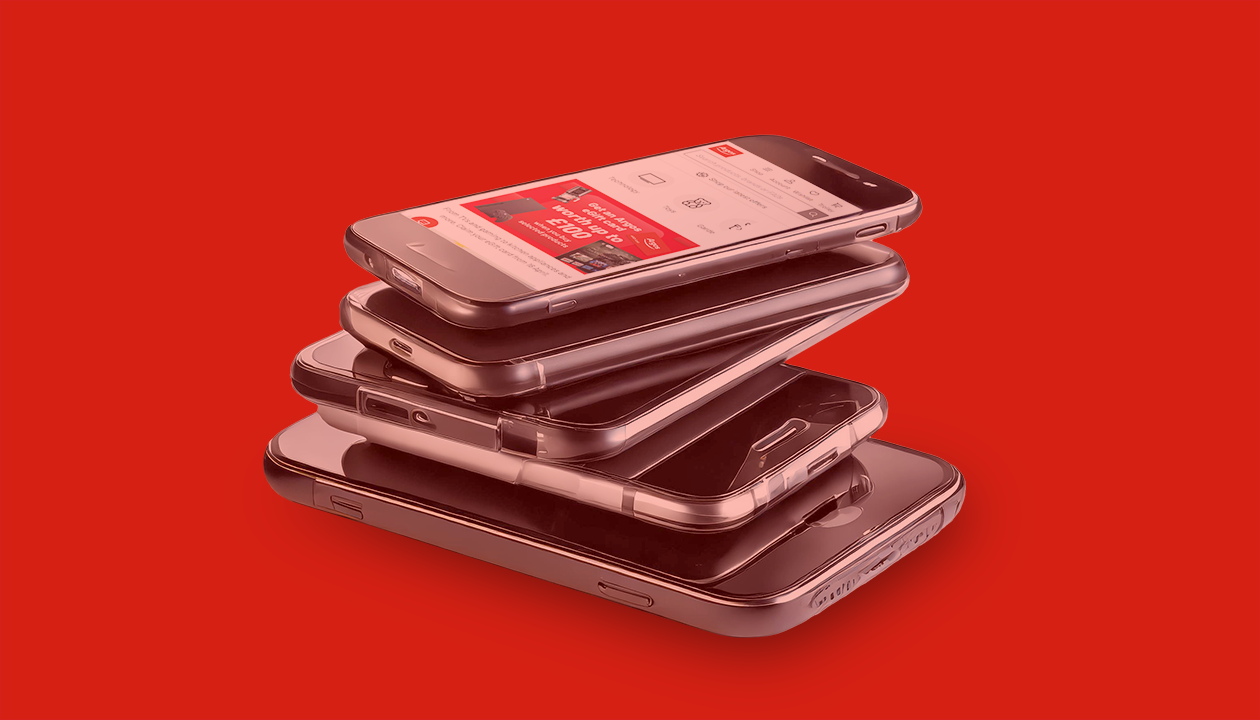
Our phones have become home of cherished memories, important documents, and personal information. The prospect of losing this data due to unforeseen circumstances highlights the importance of regular backups. This article provides a general overview on how to backup data on your phone, ensuring that your valuable information is kept safe.
Please note, your phone may have different options to back up your data so be sure to explore these alongside our recommendations.
Identify important data
Before diving into the backup process, identify the types of data on your phone that are crucial to preserve. This may include contacts, photos, videos, messages, app data, and any other information that you deem valuable. You don’t always need to back-up every bit of information on your phone, but by understanding what you want to protect will guide you in selecting the appropriate backup methods.
Cloud-based backups
Cloud-based backups are convenient and offer a seamless way to safeguard your data. Most phones come with built-in cloud services, such as iCloud for iPhones and Google Drive for Android devices.
You can enable cloud backup settings in your phone's settings menu. Your data, including contacts, photos, and app data, will be automatically backed up to the cloud. This is a simple way to backup and means you can easily download the data again when logging into your account on another device.
Use built-In backup features
Both Android and iOS devices offer built-in backup features that allow you to create a complete backup of your device.
On Android, this can typically be found in the "System" or "Backup" section of settings.
On iPhones, navigate to "Settings > [Your Name] > iCloud > iCloud Backup" and enable the backup option.
Sync contacts and calendars
To backup contacts and calendars, ensure that they are synchronised with your Google or iCloud account. This ensures that even if you switch devices, your contact list and calendar appointments remain intact.
Go to your phone's settings, select accounts, and enable contact and calendar syncing with your preferred cloud service.
External storage devices
If you prefer keeping physical copies of your data, you should consider using external storage devices like USB drives or external hard drives.
To do this, connect your phone to your computer using a USB cable and transfer important files manually. To keep your data organised we recommend separating into files so you can easily access when required.
Third-Party backup apps
You can also explore third-party backup apps available on your device's app store. These are apps which often offer additional features and flexibility compared to built-in options.
If you are to do this, we recommend looking for apps with positive reviews and follow the provided instructions to back up your data securely.
Photos and videos
Photos and videos often take up a significant portion of your phone's storage. You can use cloud-based services like Google Photos or iCloud Photos to automatically back up your media files. These services offer options to compress photos for efficient storage or maintain original quality. Not only does this backup your media but also frees up space on your phone.
Text messages and call logs
If you have a lot of messages and call logs you want to backup, you may wish to look at dedicated apps to do this. There are different apps available, and they allow you to create backups that can be stored locally on your device or uploaded to cloud services. We always recommend checking for positive reviews and choosing an app you can trust to do this.
Regularly check and update backups
It is important to regularly check and update your backups. A backup is only as good as its latest update. Regularly check your backup settings to ensure that new data is being backed up.
You can also set up automatic backup schedules whenever possible to minimise the risk of data loss. This is usually available within the Backup part of your settings menu on your phone.
Encrypt your backups
You may be wanting to keep your data more secure. If your backup method allows for encryption, consider enabling it to add an extra layer of security. Encrypted backups ensure that your sensitive information remains protected, especially if you are storing backups on external devices or in the cloud.
Support Summary
Backing up data on your phone is a proactive step in securing your digital life. Whether its preserving memories captured in photos, safeguarding important documents, or ensuring a seamless transition to a new device, regular backups offer peace of mind.
If you want more information on how to do this on your phone, we recommend consulting your user guide or reaching out to the relevant support team.